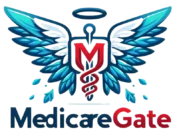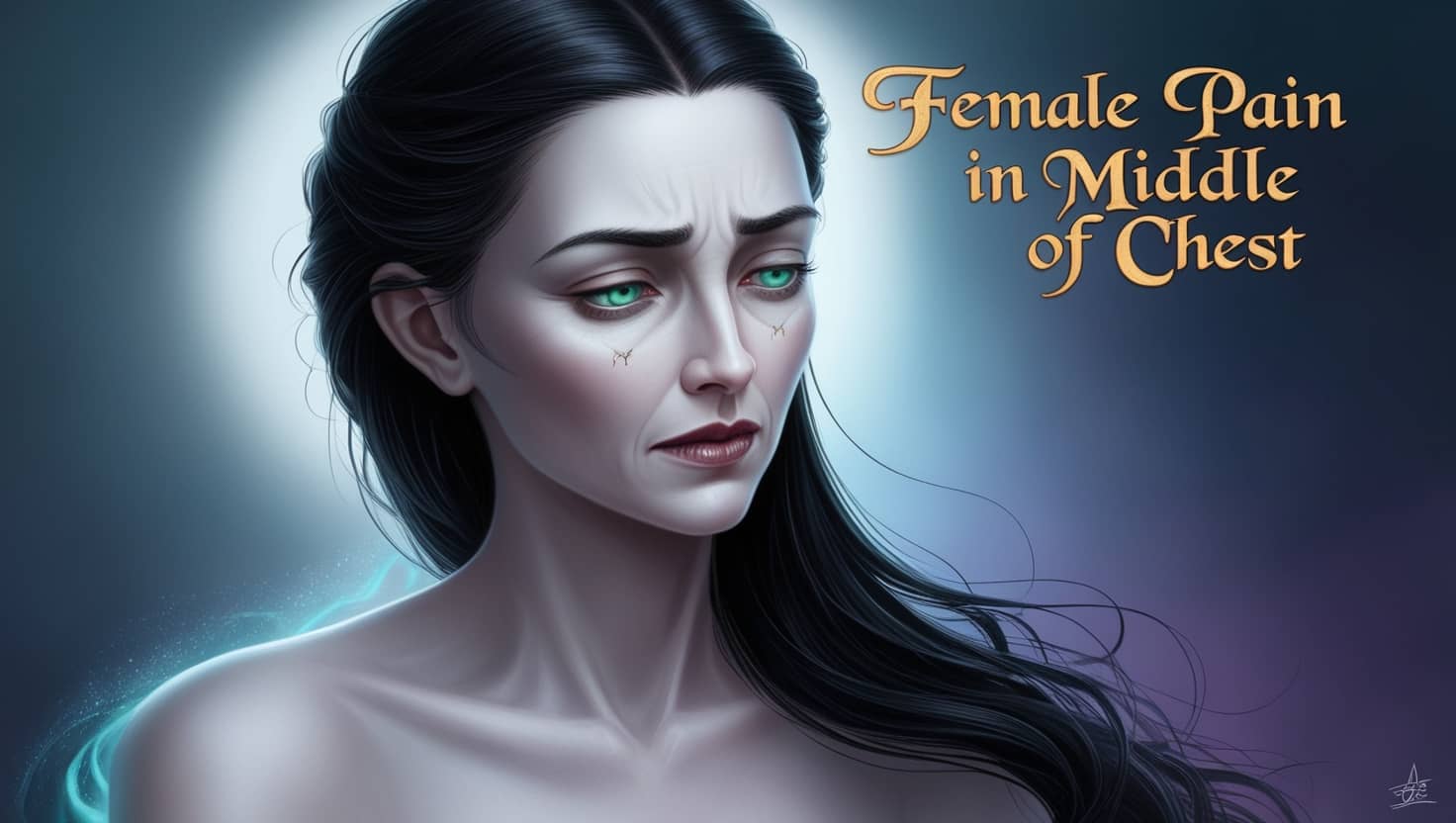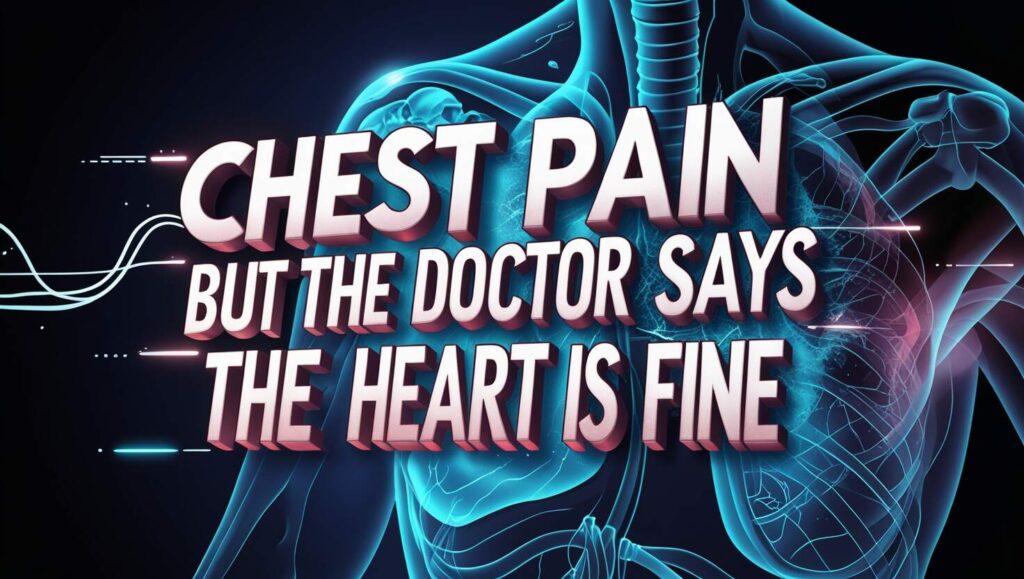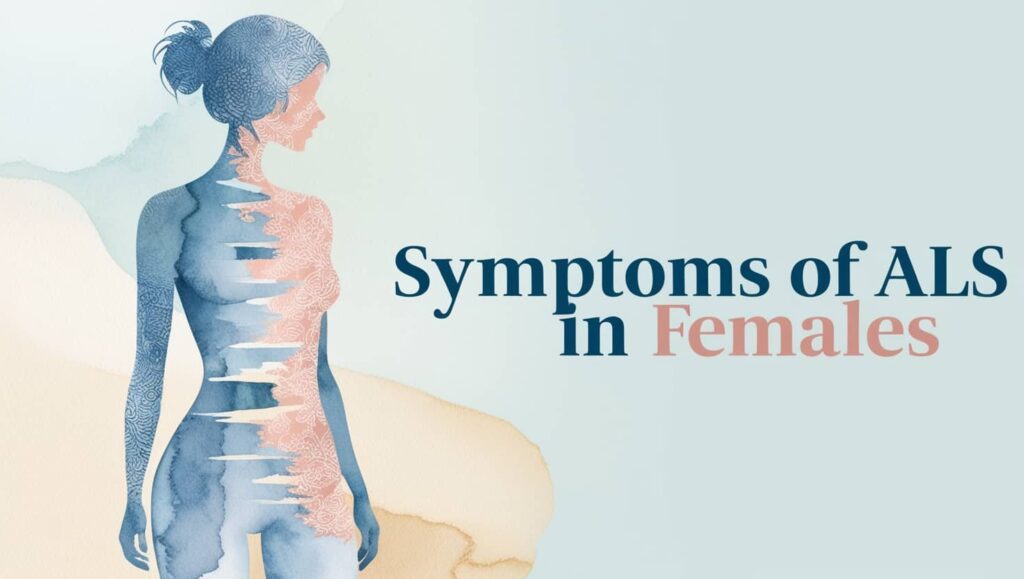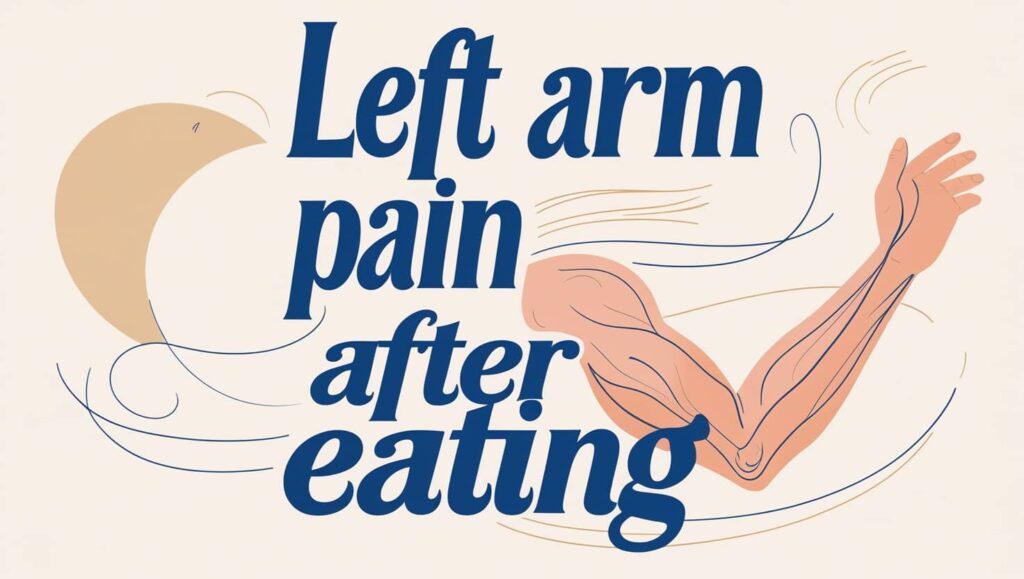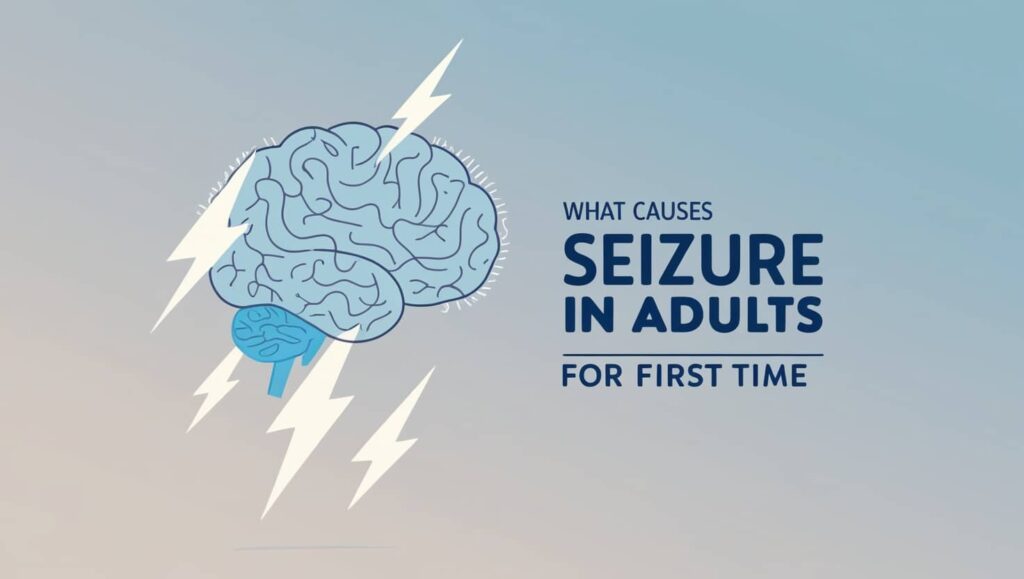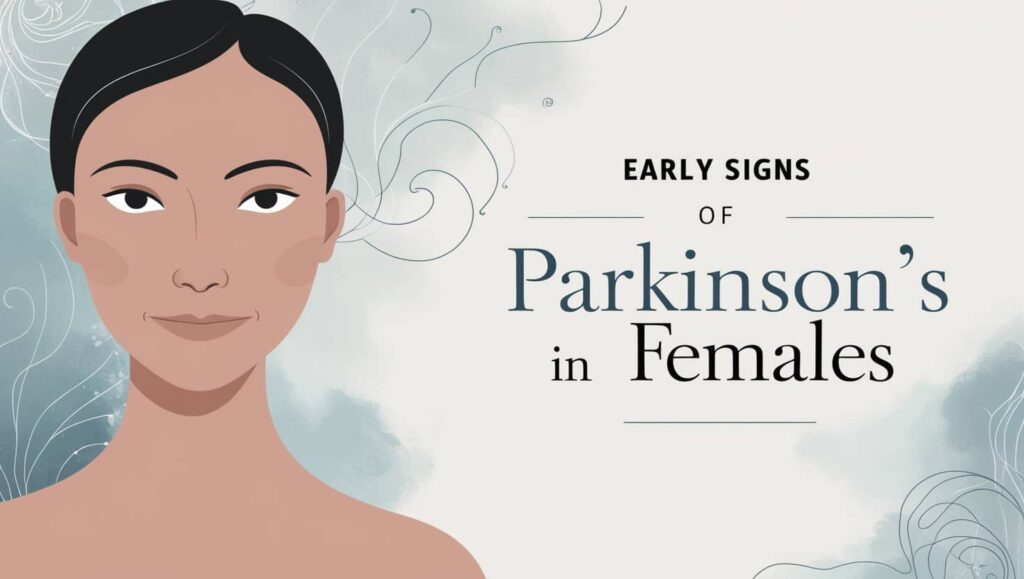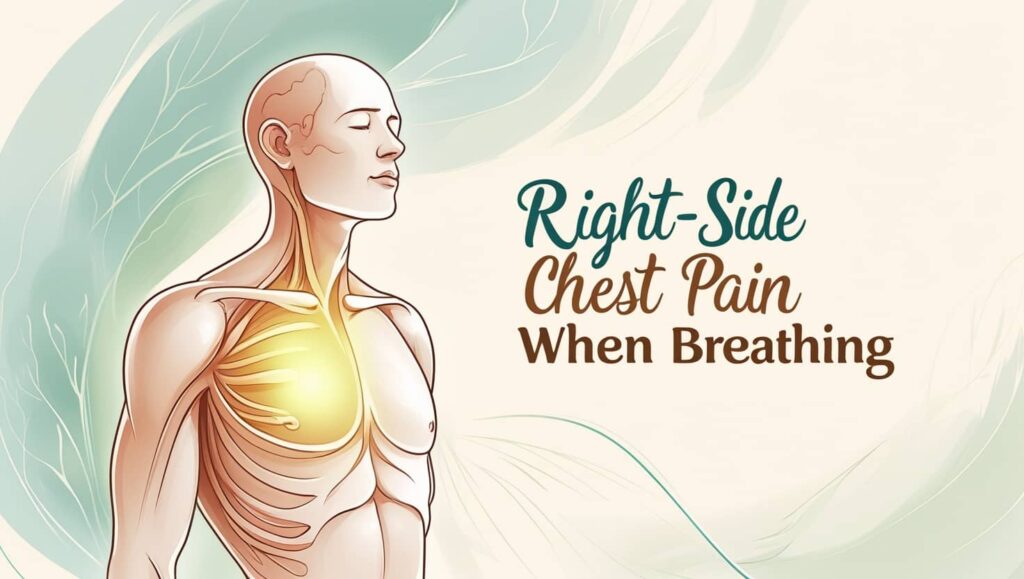Heart disease and angina are major health concerns for women.
Thank you for reading this post, don't forget to subscribe!But female Pain in Middle of Chest can also arise from various other conditions.
These include digestive issues like esophageal reflux and spasms.
Psychological factors such as stress, and musculoskeletal problems like bone or muscle pain.
Also respiratory conditions like chronic obstructive pulmonary disease.
Female Pain in The Middle of Chest
The similarity of angina symptoms to other symptoms makes it difficult for the patient to understand the causes of the attacks of chest pain she suffers from.
Therefore, even if you do not know the reason for the occurrence of female Pain in Middle of Chest you must contact emergency services as soon as you feel it.
It is better for the treating doctor to reassure you of your safety, than to miss the time to save you if the person needs urgent medical intervention.
What are the symptoms of heart attacks?
Symptoms of a heart attack include:
- Chest pain.
- Tightness in the chest.
- shortness of breath.
- Pain radiating down the left arm, back, or jaw.
- Sweating.
- Heart palpitations.
- Nausea.
- Vomiting.
Chest pain can come and go and reappear later.
Or it comes after exerting great effort, such as exercising.
When the patient arrives at the hospital, the tests performed to check on the heart muscle include electrocardiography and measuring the oxygen saturation rate.
Other tests can be performed if necessary.
Read Also: Pain in Left Hip Area in Female
What Causes Chest Pain in a Woman
Chest pain in women can arise from various health issues affecting the heart, lungs, bones, or muscles.
The pain can manifest in different ways, ranging from sharp, stabbing sensations to a dull, aching discomfort.
Heart-related causes include:
Angina pain: occurs as a result of myocardial ischemia.
It appears as pressure or tightness in the chest, and usually appears upon exertion.
Heart attacks: It occurs to women in the form of a feeling of pressure or discomfort in the chest, neck, shoulder, jaw, or upper back area, It can also cause dizziness and nausea
Lung problems:
They can also cause chest pain, the most important of which are:
Pleurisy: This is a condition that occurs when the pleura becomes inflamed.
The pleura is the membrane that lines the lung and protects it from friction with the chest bones.
In this case, the pain is like a stabbing sensation.
Pneumonia: It is an inflammation that occurs as a result of a microbial infection, and the pain is like a stabbing or sharp pain that increases with coughing or deep breathing.
Pulmonary embolism: It occurs as a result of a blockage in the blood vessels supplying the lung.
The pain is in the form of a stabbing, burning, or discomfort feeling on one side of the chest.
Musculoskeletal problems:
They can also cause chest pain in women.
It can occur as a result of strain in the chest muscles, inflammation of the rib cartilage, or injuries to the ribs.
Other non-cardiac causes of chest pain in women encompass:
- Psychological factors such as anxiety and panic attacks.
- Gastrointestinal disorders like gastroesophageal reflux disease (GERD).
What Causes Pain in Middle of Chest Between Breasts
Female pain in the Middle of Chest Between Breasts can occur due to various reasons, the most important of which are:
Muscle strain: Severe muscle strain in the chest area can cause this type of pain.
Costochondritis: Inflammation of the cartilage that connects the ribs and chest bones can cause severe pain that increases with movement or deep breathing.
Acid reflux: Stomach acid reflux irritates the esophagus, causing mid-chest pain.
Pulmonary embolism: When a clot occurs in the blood vessels supplying the lung, this can cause severe pain in the middle of the chest, which comes suddenly and is accompanied by shortness of breath.
Heart attack: The pain of a heart attack is usually accompanied by nausea, sweating, or shortness of breath. (Hickam., 1990)
Random Sharp Pain in Chest Near Heart
Sharp chest pain experienced near the heart can be indicative of a multitude of conditions.
Some of which demand immediate medical attention.
Common causes of this type of pain include:
- Muscle strain or bone pain.
- Heartburn or acid reflux.
- Asthma attacks.
- Lung inflammations.
- pleurisy or infection of the lung membrane
- Lung obstruction.
- Pulmonary hypertension.
- Collapsed lung.
- Precordial catch syndrome: It causes pain due to spasm of the chest muscles or compression of a nerve inside the chest.
- Anxiety and panic attacks.
- Heart attacks.
Needle Like Pain in Chest That Comes and Goes
The pain that feels like a pinprick in the chest that comes and goes can also have several causes, the most important of which are:
- Costochondritis
- Muscle strain
- Heartburn or acid reflux
- Heart attack
- Pulmonary embolism
- Pericarditis
Chest pain can stem from issues with the heart, lungs, chest wall muscles, or even nerves.
It might be a symptom of a heart condition, a lung disorder, a muscular injury, or a nervous system problem.
Given the potential seriousness of chest pain, especially in women.
It’s essential to seek medical attention to determine the exact cause and receive appropriate treatment. ( Johnson & Ghassemzadeh., 2022)
When should you seek medical care?
In all cases of female pain in middle of chest do not ignore your pain.
Seek immediate medical attention if you experience:
- Severe or sudden chest pain, especially if it is accompanied by sweating, nausea, or vomiting.
- If you have chest pain that lasts for more than a few minutes.
- Feeling of tightness in the chest that lasts for long periods.
- If chest pain is accompanied by shortness of breath, dizziness, or irregular heartbeat.
- If the pain extends to the jaw, back, neck, abdomen, or arms.
- If you have risk factors for heart diseases, such as smoking, high blood pressure, high cholesterol, diabetes, or a family history of heart disease.
Note: You should always keep in mind that chest pain could be a sign of a problem that requires your attention and receiving appropriate treatment or following medical instructions that may save your life or spare you a lot of pain and health problems in the future.
Read Also: Psychological Effects of Chronic Pain
References
- Johnson, K., & Ghassemzadeh., S. (2022). Chest Pain. National Library of Medicine.
- Hickam., D. H. (1990). Chest Pain or Discomfort. National Library of Medicine.
